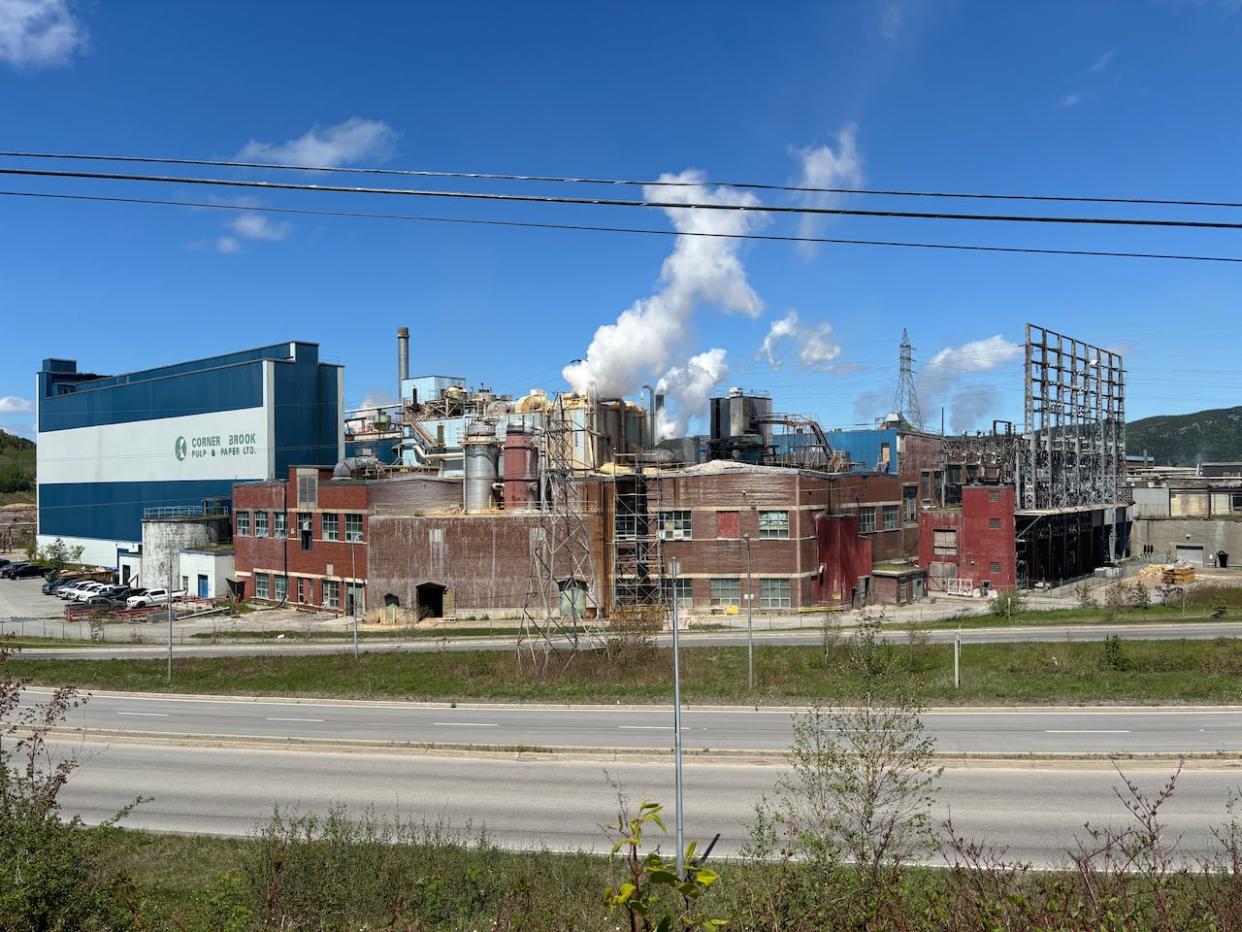Catastrophic explosion could have happened at Kruger's Corner Brook mill, expert says

The Corner Brook Pulp and Paper mill's failure to maintain its boiler's pressure safety system could have resulted in a disaster, says a boiler expert.
In April, operations ceased at the mill for a couple of weeks after the provincial government found that Corner Brook Pulp and Paper had failed to comply with safety regulations.
In May, documents obtained by CBC News through an access-to-information request revealed that the company, a division of Montreal-based Kruger, Inc., had neglected to inspect the facility's boiler system's pressure relief devices.
Seventy-eight devices had not been serviced in over 30 years.
"It can be catastrophic and that's why it's very important to make sure the safety valves are in functioning order," said Desmond Saldanha of the Canadian Boiler Society, a group of energy and environmentally concerned companies in the boiler industry.
Safety valves
Saldanha said safety valves, mounted on pressurized equipment or piping systems, open when the system's pressure exceeds a certain threshold. They're essential for avoiding boiler problems and dangerous situations, he said — preventing pressure increases that could cause malfunctions, fire hazards, product damage or even explosions.
"If the valve fails to open, the pressure within the system can build up beyond its design capacity. This can result in equipment damage and associated components leading to ruptures or explosions," he said.
On the other hand, if the valve doesn't seal properly, there's a risk substances within the system will not be contained, he said, which poses a significant safety risk to personnel working around the system, because of potential leaks or spills of hazardous gases and fluids.
"This can lead to explosions, fires or chemical exposures," he said.
Pressure relief failures that lead to safety incidents can also have legal consequences, including fines and sanctions, he said.
Prevention measures
The documents obtained by CBC News found that the Corner Brook paper mill had significant code violations.
A year before the mill's shutdown, the company had been directed to develop a program to maintain all safety relief devices and registered pressure systems.
When provincial officials inspected the 78 overdue pressure equipment items, they found the program, which required the company to service the pressure systems every year or two, was not being implemented.
The province then ordered the company to stop operating the devices until the issues were addressed, resulting in the mill's two-week shutdown.
Saldanha says such a closure is uncommon.
"Companies really take several measures to keep their safety valves in service," said Saldanha. "It only needs one occurrence to have a catastrophic consequence."
He says the reasons the measures were not in place could include a lack of awareness, oversight or proper safety programs and training.
"You have to maintain a culture of safety to begin with," said Saldanha. "It's paramount to have safety, to wear safety and think safety."
CBC requested an interview with Kruger but has not yet received a reply.
Download our free CBC News app to sign up for push alerts for CBC Newfoundland and Labrador. Click here to visit our landing page.

 Yahoo News
Yahoo News 
